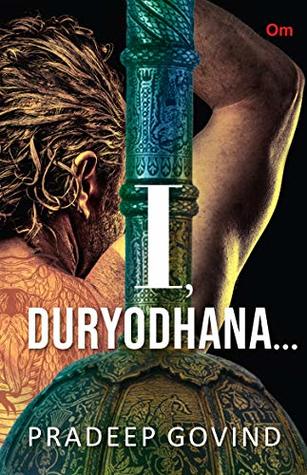
It is often said that history is a tale that belongs to the victors. Because they have won the wars that defined history, it is they who have the rights to share for generations to come how their actions helped shape history.
The best example, of course, is the manner in which stories of the Second World War are told. The Allies, having defeated Nazi Germany and the Fatherland’s collaborators, did have at least some right in shaping how the story of their great victories unfolded.
Only recently have we witnessed the conflict from the perspective of Germany, Italy and Japan – movies like Der Untergang – one of the first German-language films to portray the life of Adolf Hitler – are a fairly recent development, and are a rarity among the hundreds of thousands of representations of World War II.
That does not mean, however, that the tale of those who did not win must not be told. The tale of the loser is just as important – and in some cases more so – than those who did win, so that people gain a broader perspective of what happened when the two sides that won and lost clashed against each other. While winning does provide many insights into what to do, losses shed light on what must not be done, and these lessons are sometimes far more valuable.
Then, of course, there is the untold suffering faced by the factions that have to bear the cost of defeat...again, Germany comes to mind, at the end of both World Wars, and it is important that the world learn of the agony the people who’ve lost have to endure, so that we learn from the mistakes that caused them to lose in the first place, and understand when we see this cycle that will ultimately lead to loss manifest itself again.
The ancient Indian tale of the Mahabharata, which describes the epic battle between the forces of the five Pandava brothers – Yudhishtir, Bheem, Arjun, Nakul and Sahadev – representing the forces of good in far less in number because those who do good are sometimes few and far between – and their evil, scheming cousins, the Kauravas, a band of a hundred brothers, after the Pandavas return from exile and reclaim what is rightfully theirs after it had been taken away from them by their cousins through treachery and deceit.
Duryodhana was the eldest of the Kauravas and by right, their commander. A fearsome and skilled warrior, Duryodhana’s lust for victory was matched only by his keen strategy. He, however did meet his untimely end following his armies’ losses against the Pandavas, and the book I, Duryodhana, written by Indian author Pradeep Govind, attempts to tell the tale of the conflict between the Kauravas and their cousins from his perspective.
Govind, who previously penned The Capillary Effect, shares with intricate detail the fracturing relations between Duryodhana and has cousins, who steadily grew more and more estranged from him. In the book, which is narrated from the Kaurava’s perspective, Duryodhana sheds light on the circumstances that led him to war against his more virtuous cousins. A culture of deceit, already deeply rooted in his family, and part of the culture at court, only made it harder for him to tear himself away from the vines of avarice that slowly gripped him tighter and tighter.
Available in print as well as online, Pradeep Govind’s I, Duryodhana is a book that looks at culture and history from a different perspective, and is a reminder that a story is not completely told unless it has been read from all sides
– [email protected]
The Short and Skinny
Name: I, Duryodhana
Genre: Fiction
Author: Pradeep Govind
Published by: Om Books
What it’s about: While the epic Mahabharata, one of the foundations of Indian civilisation, tells the tale of victory, Pradeep’s book I, Duryodhana, looks at victory through the eyes of the defeated.
Where to buy: Leading bookstores, Amazon.com, Flipkart.com
Amazon rating: 4.3/5